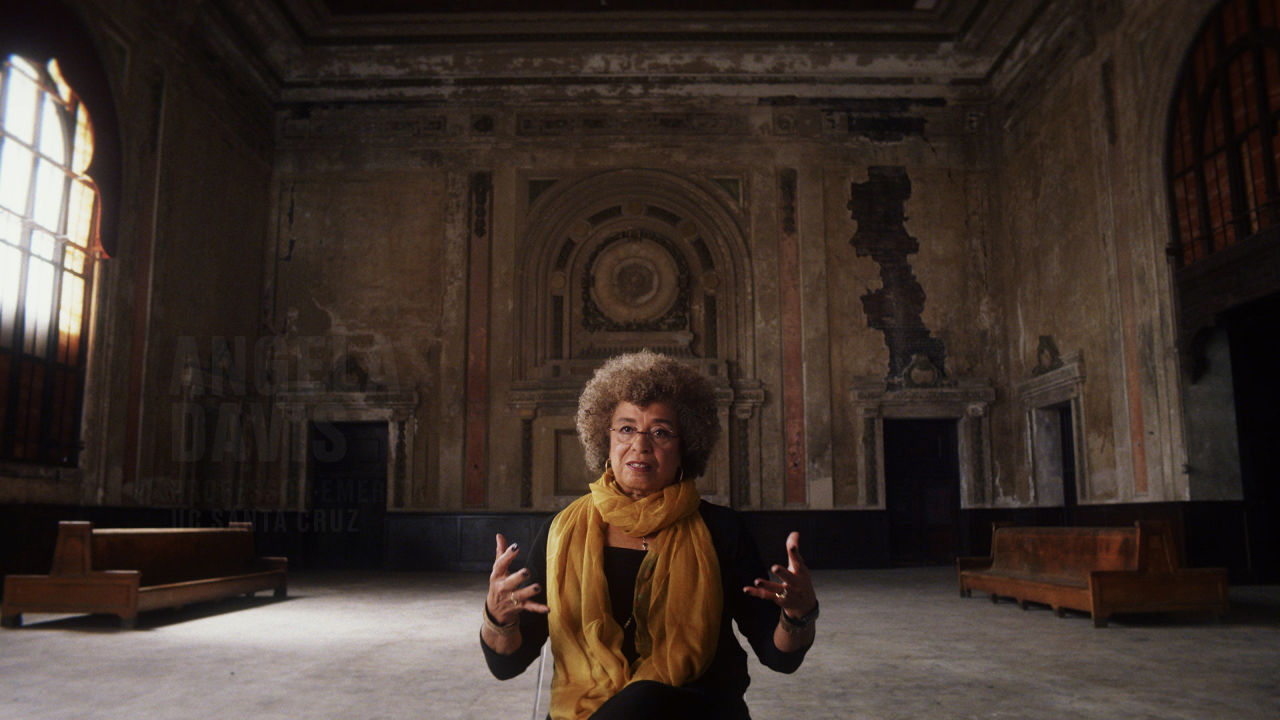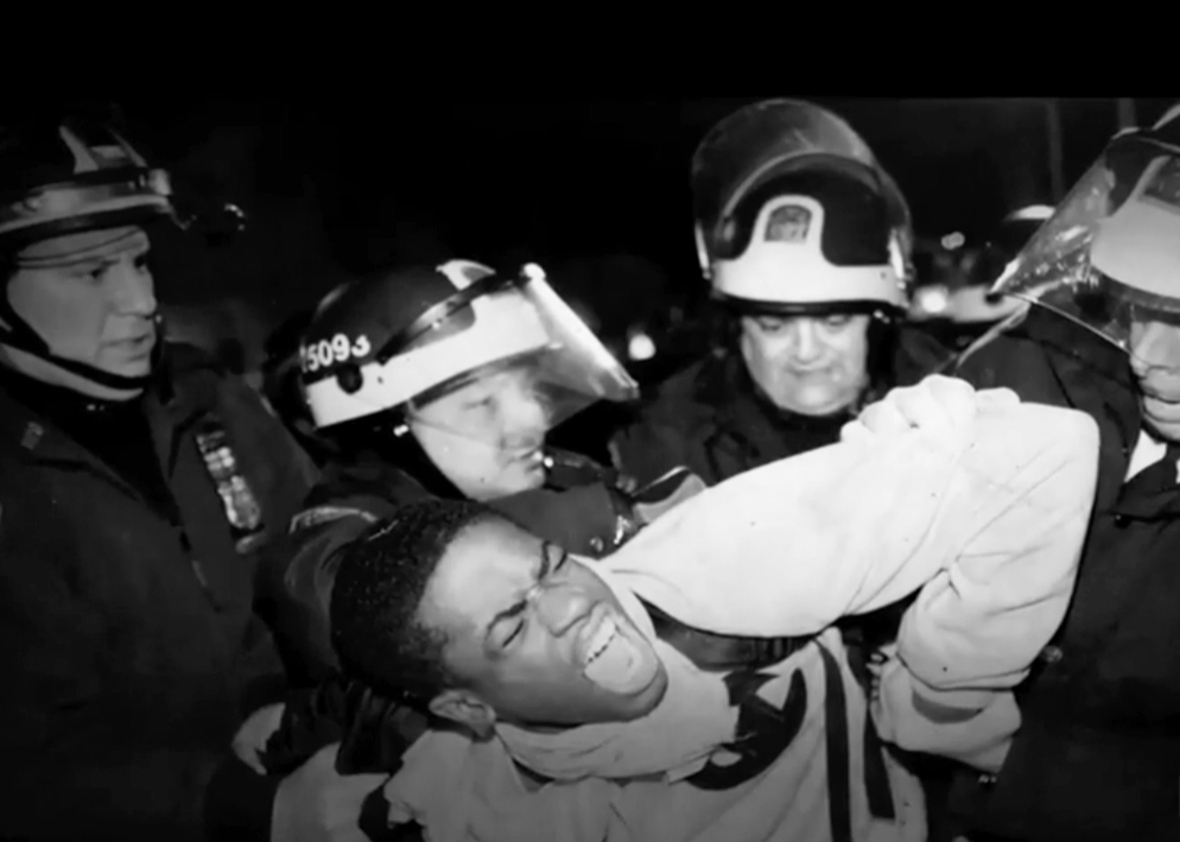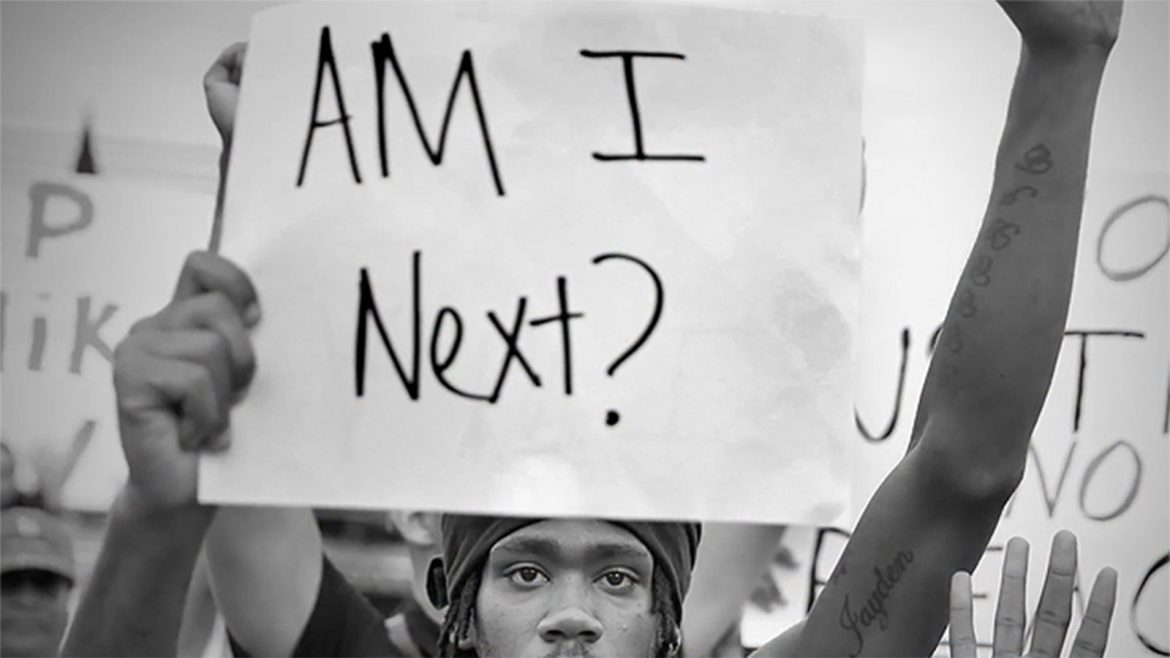Some films simply arrive at the exact right moment. Whether through canny decisions on distribution and release, real-world events outside the producers’ control, or some other happenstance collision of histories, a cultural product arrives that is both inevitable and sorely needed. Ava Duvernay’s 13th, a Netflix original documentary released today, is this year’s example. It’s a bracing masterpiece of the form, an immediate top contender for the prestige awards, and essential viewing for anyone who cares about justice and human dignity.
The film’s title refers to the 13th Amendment, ostensibly abolishing slavery in the U.S.: “Neither slavery nor involuntary servitude, except as a punishment for crime whereof the party shall have been duly convicted, shall exist within the United States, or any place subject to their jurisdiction.”
As anyone who has read Michelle Alexander’s revelatory The New Jim Crow will immediately note, that second clause — except as punishment for crime whereof the party shall have been duly convicted — has had catastrophic consequences.
Duvernay’s film tracks those consequences, examining in detail the line from Southern cotton fields to Jim Crow brutality, from Nixon’s Southern Strategy to Reagan-era drug wars, Clintonian “Third Way” realpolitik cowardice to our own era of profit-driven mass incarceration and systemic disenfranchisement, COINTELPRO assassinations to the rehashed “outside agitator” narratives against Black Lives Matter.

It is blood-boiling. Along with Angela Davis and many others, Alexander is on hand to help shape and guide this staggering amount of analysis into a coherent film that bristles with quiet, and sometimes not so quiet, outrage. 13th is full of cinematic flourishes, over-laid text, and deft deployment of archival footage, but it’s in Duvernay’s synthesis that its real power lies. The film never drags, or lets up, or provides an avenue for equivocating or shrugging off. The cumulative effect is devastating.
Beginning with Griffith’s Birth of a Nation, 13th charts the criminalized, dehumanized Black body in the white imagination, then integrates the countless examples across the years. We close on the present day with (be warned) family-approved footage from the spate of recent police murders of Black men. The message throughout is clear: the specific ways in which white supremacy manifests change, subject to popular will and economic necessity. But a close look reveals we are simply observing the same phenomenon, dressed up in different ways.
None of which will be news to many viewers inclined to watch 13th. But I would be surprised if others didn’t experience a few moments of genuine shock, and not just at the viscerally upsetting footage. I was somehow, shamefully, unaware of the details of Kalief Browder’s experience, which will now haunt me until the day I die. On a more positive note, others may be surprised by once-and-future terrible man Newt Gingrich’s newfound eloquence on criminal justice reform and white supremacy.

However, for vast swaths of the American population, 13th should be received as a gut-punch. In this foul year of Donald Trump — an actual fascist ideologue who Duvernay, skillfully enlisting juxtaposition and montage, handily demolishes on film — we, white viewers, need to be shaken to our core.
One segment of the film focuses on the now-exonerated Central Park 5, railroaded by a racist system and demonized by none other than Trump himself. The fact that, to this very day, the candidate for the presidency continues to argue for their guilt only underscores the horror 13th lays bare. Hillary Clinton, now-repentant 1994 Crime Bill enthusiast, doesn’t get off particularly easy either.
If all this runs the risk of relegating 13th to the high-minded scrap-heap of Important Documentaries, “necessary” films that end up more respected and talked about than viewed, let me emphasize: it is much more than that. 13th is a film we cannot and must not ignore. It’s an essential cinematic reckoning, delivered with mastery and grace.
In Selma, Duvernay painted a humanistic and loving portrait of MLK at a crucial moment in time. In 2012, her Middle of Nowhere (also available on Netflix right now) found nuance, beauty, and a palpable outrage in lives lived in the shadow of mass incarceration. And now, in 13th, she’s targeted her skills directly at a system’s sick heart.
Watch this movie.

